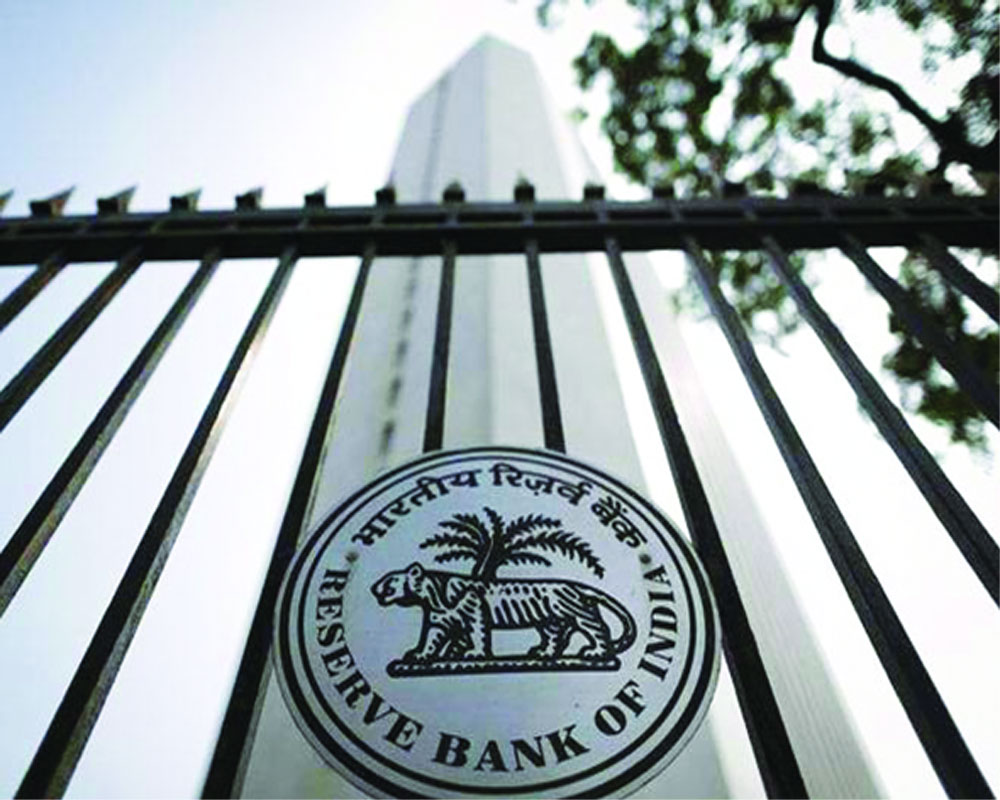With many firms on the verge of bankruptcy, the bad loan crisis will get worse unless the Finance Ministry intervenes
The Reserve Bank of India (RBI) Governor, Shaktikanta Das, has a grim warning for our banks. In a worst case scenario, as the Chinese pandemic continues in India, our economy could be pushed into a never before seen recession. As it was already sputtering before the virus struck, banks, which were acutely stressed, might see bad loans possibly touch a fifth of their loan portfolio. The central bank has warned that bad loans could rise to a 20-year high as a result of the pandemic, from 8.5 per cent in March 2020 to 12.5 per cent by March 2021. If the stress is severe, it can rise to 14.7 per cent. This despite the easing measures announced by the Government, including the moratorium on loan payments for both commercial and personal loans. In the past few years, the Government has often bailed out banks by recapitalising them with taxpayer money. In return, the banks wrote off a whopping Rs 1,56,702 crore of non-performing loans during the nine-month ended December 2018, taking the total loan write-off to over Rs 7,00,000 crore in the last 10 years. What is particularly frightening is the lack of manoeuvering room left to the RBI and the Finance Ministry. Former RBI Governor Urjit Patel, too, came down heavily on the Government for diluting the Insolvency and Bankruptcy Code (IBC) and the powers of the central bank, saying this “undermined the efforts made since 2014 to clean up the bad loan mess.” In his book, Overdraft: Saving the Indian Saver, he alleged that a 2019 verdict of the Supreme Court did not find the RBI’s February 2018 one-day default regulation on the insolvency process “problematic.” However, the subsequent (June 7, 2019) circular issued by the central bank had diluted this aspect, making the insolvency regime “vulnerable and brittle.” Such moves delayed the recovery process, thus giving leeway to defaulters to escape the bankruptcy court. Then crony capitalism meant that banks were under pressure to lend to certain people and sectors without vetting their capabilities. In some cases, even the bank top brass was unaware of the identity of the borrowers and the amount written off in individual cases. Public banks have been guilty of following orders from the top and loan funds to dubious real estate projects that were never completed. And going by Patel’s book, the Government further agreed to underwrite 10 per cent of banks’ purchase of up to Rs 1 lakh crore of NBFC debt. Also, loan recovery has a very poor success rate of about 20 per cent.
The current economic meltdown has pushed many companies, even previously viable ones, into bankruptcy for no fault of theirs. While there are indications that the economy is slowly getting back on track and this year’s monsoon has been good so far, it may take several months before overall demand settles back in many sectors. While rural demand will sustain some firms, particularly those in tractors or cheaper consumer products, this will not only force much of the private sector to stop hiring but potentially lay off employees, too. This would make the unemployment crisis worse in a country where 10 million youth enter the job market every year. India’s demographic dividend might be a time bomb, which may lead to social unrest. Therefore, it is important for the Government to not only ensure cheaper loans but to directly put money back into the hands of the consumers. This might have a severe cost sometime later but the consequences of not taking action today appear to be far worse. We might not have a future where a tough decision needs to be taken. There is no doubt that some of this is due to profligacy of the banks a decade ago where loans were made willy-nilly to the likes of defaulters such as Nirav Modi and Vijay Mallya but the blame game is no solution to the crisis. The fallout of no action will be failed banks, in the public and private sectors, and a job crisis that will haunt India for decades.


























